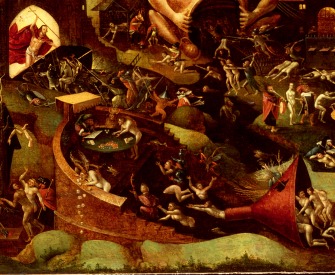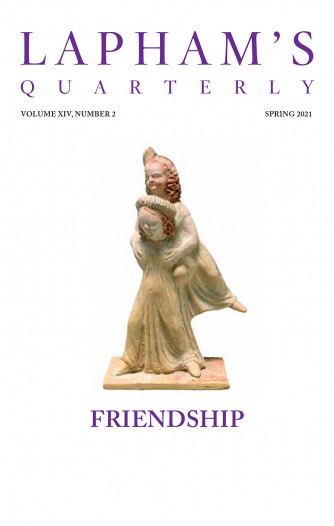Let the burner of the midnight oil seclude himself in the silence of night, within closed doors, with but a solitary lamp to light his labors.
But for every kind of study, and more especially for night work, good health and its chief source, simple living, are essential; for we have fallen into the habit of devoting to relentless labor the hour that nature has appointed for rest and relaxation. From those hours we must take only such time as is superfluous for sleep and will not be missed. For fatigue will make us careless in writing, and the hours of daylight are amply sufficient for one who has no other distractions. It is only the busy man who is driven to encroach on the hours of darkness. Nevertheless, night work, so long as we come to it fresh and untired, provides by far the best form of privacy.
From Institutes of Oratory. The first teacher of Latin rhetoric to be guaranteed a salary by the Roman state, the Spanish-born Quintilian counted among his students Pliny the Younger, two grandsons of the emperor Domitian, and, according to some sources, the historian Tacitus. Elsewhere in this textbook, which he wrote between his retirement in 88 and his death around 96, Quintilian apologizes for the dryness of his prose: “Though the student may find it a healthy draft, it will be far from agreeable.”
Back to Issue


